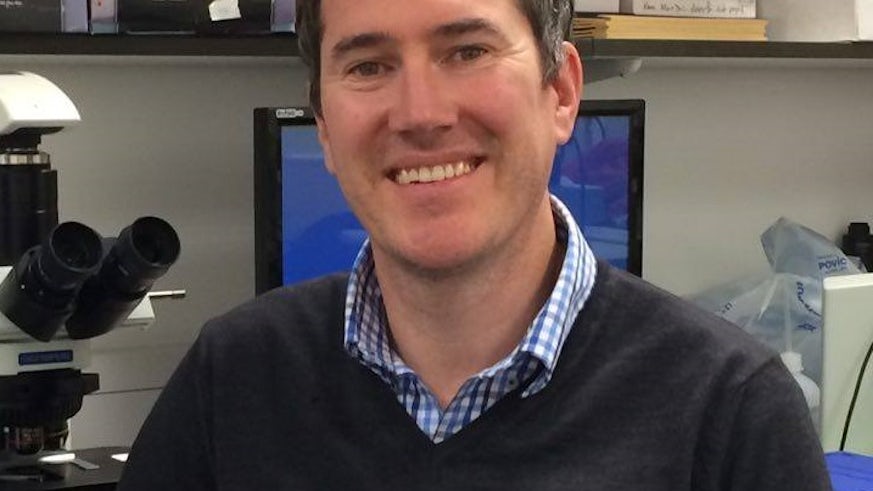ECSCRI helps to mark 10 years of BBC Science Cafe
18 October 2017

BBC Radio Wales marked a decade of broadcasting Science Cafe with a special programme revisiting major scientific discoveries in Wales and exploring current state of the art Welsh research.
The anniversary programme revisits stories that made the headlines ten years ago and provided an updated picture of the latest research, including revisiting an interview with Sir Martin Evans from Cardiff University about his pioneering work with stem cells.
To explore how far science has come in the ten years since Science Café was launched, presenter Adam Walton was joined by Dr Toby Phesse, Research Fellow at the European Cancer Stem Cell Research Institute, to talk about how Sir Martin Evans’ work led to the set up of ECSCRI as well as the cutting-edge research within the institute.
Dr Toby Phesse: “Sir Martin changed an entire discipline, changing almost every aspect of biology.
“If you want to answer a question in vivo, it’s very important to ask questions in an entire organism where we can specifically delete the gene of interest.
“For example, if we see that a gene is up in cancer we can then see if that gene is required for that cancer and delete it, to see if the cancer gets smaller.”
As well as revisiting the recorded interview with Sir Martin Evans on the first Science Café episode, the programme discussed how that work paved the way for increasing our understanding of cancer in ECSCRI.
Toby Pheese took part in Ten Years of the Café, explaining his research investigating the role of cancer stem cells and cell signalling in the development, growth and spread of cancer.
Toby said: “Stem cells and cancer have an intimate relationship.
“We are still trying to understand how cancers start, how they grow and spread.
“I look at the cell signalling pathways involved. We are trying to look at how stem cells work and how these cell signalling pathways are often deregulated in cancers.”
If you would like to tune into the programme, you can listen on catch up here: http://www.bbc.co.uk/programmes/b098gz1h
